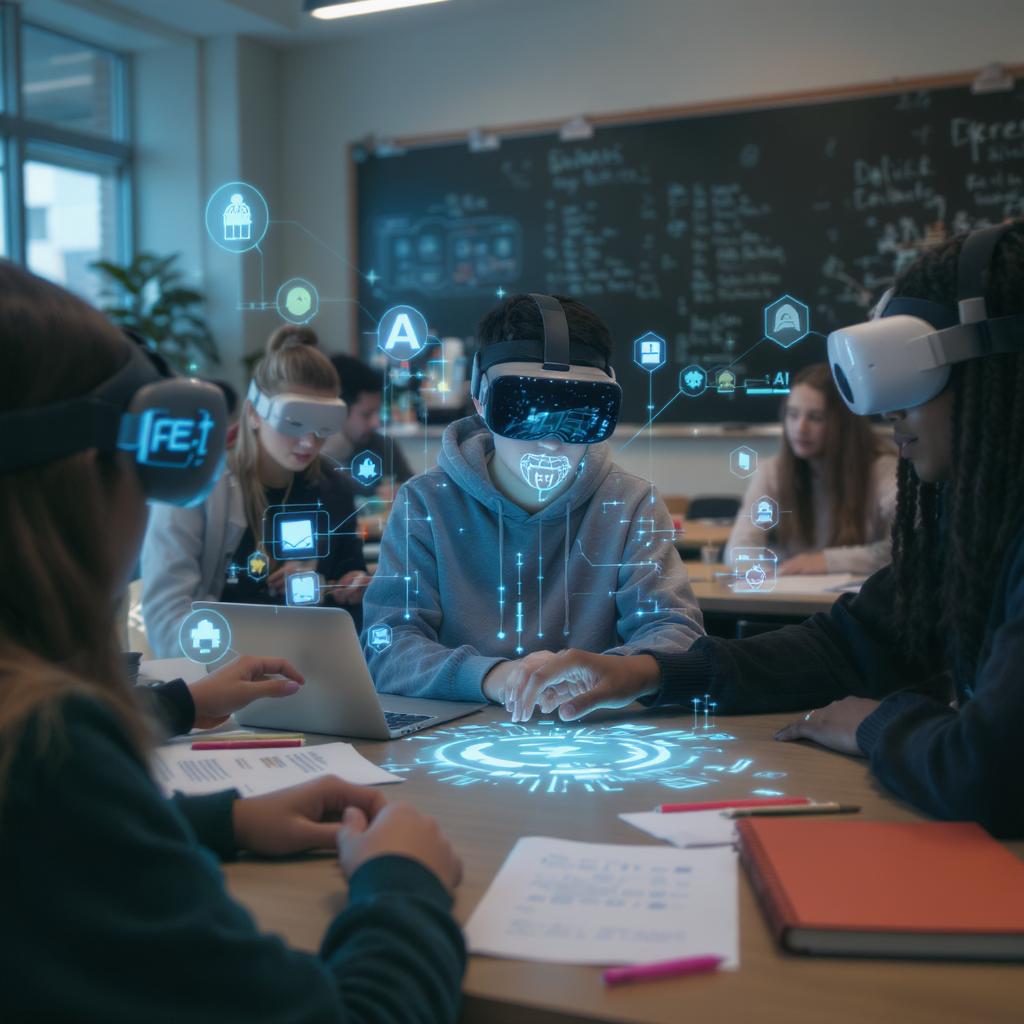
-
21/6/2025
Artificial Intelligence (AI) is transforming personalized learning by tailoring educational experiences to individual needs, enhancing student engagement and efficiency.
AI-driven platforms provide timely feedback, adjust to learning styles, and offer continuous assessment. This fosters an environment of active participation, deeper comprehension, and improved mastery of subjects.
AI empowers educators by automating tasks, allowing more focus on teaching. It creates a dynamic ecosystem for students and teachers to collaborate and enhance learning outcomes.
By leveraging data analytics, AI tools such as adaptive learning platforms identify learning patterns and promote personalized educational paths, aligning with students' pace and comprehension levels.
- The School of One in New York uses AI to customize lessons daily, maximizing learning potential.
- Summit Learning in the US employs AI algorithms for personalized experiences, mentoring, and feedback.
These technologies underscore AI's ability to transform education by attending to individual needs and fostering accessible learning opportunities.
AI Interactive Learning Tools like virtual tutors enhance engagement through real-time mentoring and adaptive educational paths, ensuring comprehension and active student participation.
- Interactive Opportunities: Students receive guidance tailored to their learning progress.
- Enhanced Engagement: Immersive experiences convert traditional learning into interactive adventures.
- Empowered Communication: NLP augments interactions, ensuring relevance and enriched comprehension.
Privacy and bias concerns must be addressed to safeguard student information and ensure equitable content delivery. AI supplements, rather than replaces, teacher involvement, enriching educational ecosystems.
Emerging technologies like AR and VR, coupled with AI mentors, offer immersive, interactive learning experiences, democratizing education and preparing students for future complexities.
As AI integrates into education, balance between technology and human interaction is crucial for a holistic learning experience. Collaboration between educators and AI developers is key to aligning tools with educational goals.
AI's role as a complement to traditional learning enriches educational pathways, nurturing critical thinkers ready for modern challenges.
